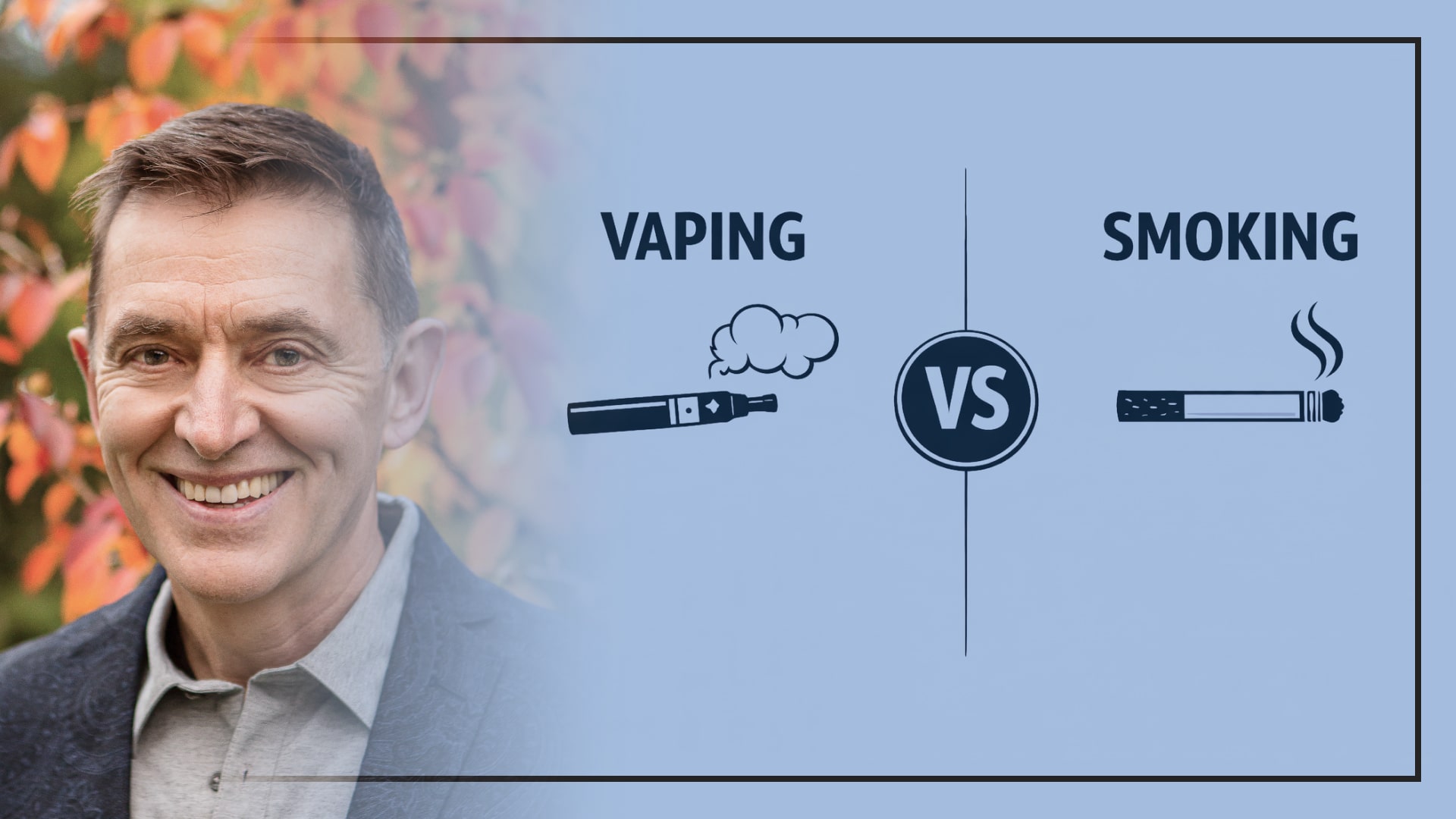
Will Sweden dare to export its own vaccine against smoking?
Snus is one of Sweden’s most successful innovations, but politics lags behind in taking steps to reap the full public health benefits. Industry leaders, researchers, and politicians gathered recently to discuss how Sweden can move from moralism to leadership and treat snus like a vaccine against smoking.
In practice, Sweden is a smoke-free country, largely thanks to snus and nicotine pouches. But could Swedish nicotine innovations become the next big export wave?
That was the topic of discussion at a seminar at the recent Almedalen political gathering in Visby titled, “Snus, Sweden and Public Health – Are We Ready for the Next Innovation?”, hosted by Emplicure Consumer.
Innovations that save lives
Mattias Josander, CEO of Emplicure Consumer, opened the seminar by setting the tone.
“We have eliminated smoking as a public health problem in Sweden. Not through prohibition – but through innovation,” he said.
Shortly afterwards, he also brought up a fitting comparison he had recently heard at the Global Forum on Nicotine (GFN) conference in Warsaw:
“Snus and nicotine pouches may be the vaccine of this century.”
Emplicure, with roots at Uppsala University, is developing new material technologies to improve nicotine delivery in pouches.
Their new bio-based materials enable faster absorption – with lower nicotine content – which could potentially attract more smokers to a less harmful alternative.
“It’s hard to understand why we’re not prouder of this [Swedish snus]. We have a Swedish invention that can save hundreds of thousands of lives every year,” Josander added.
A public health tool – not a villain
Anette Rosengren, Nordic CEO at Swedish Match, highlighted how Sweden’s innovation in nicotine products has led to global success.
“We’re very proud of Pippi Longstocking, Abba, the ball bearing… But when it comes to inventing a way to make a population smoke-free, it is not politically correct to talk about it,” she said
“I think we need to be proud that we’re actually selling better public health.”
Stig-Björn Ljunggren, head of the Snus Commission, argued that resistance to nicotine innovation is often rooted in moralism and emotions rather than facts.
“It’s ideology,” he explained.
“In other words, a person who sees the world ideologically refuses to accept facts that contradict their beliefs. They lock themselves in and only look for information that confirms their position.”
Time for a Swedish position in the EU
Everyone on the panel agreed on what’s needed for the rest of Europe to improve its public health policy: a clear Swedish position in the EU’s upcoming legislation on tobacco and nicotine products.
“It’s important to have proper regulation. Because without regulation, things can go wrong,” Rosengren stated in reference to the challenge many European countries have in combating smoking.
If a healthier alternative like nicotine pouches were more accessible and reasonably priced, many lives could be saved.
Josander concluded the discussion with a call to action:
“Sweden has the chance to be a world leader. This product will save lives – how many is up to our politicians to decide.”




